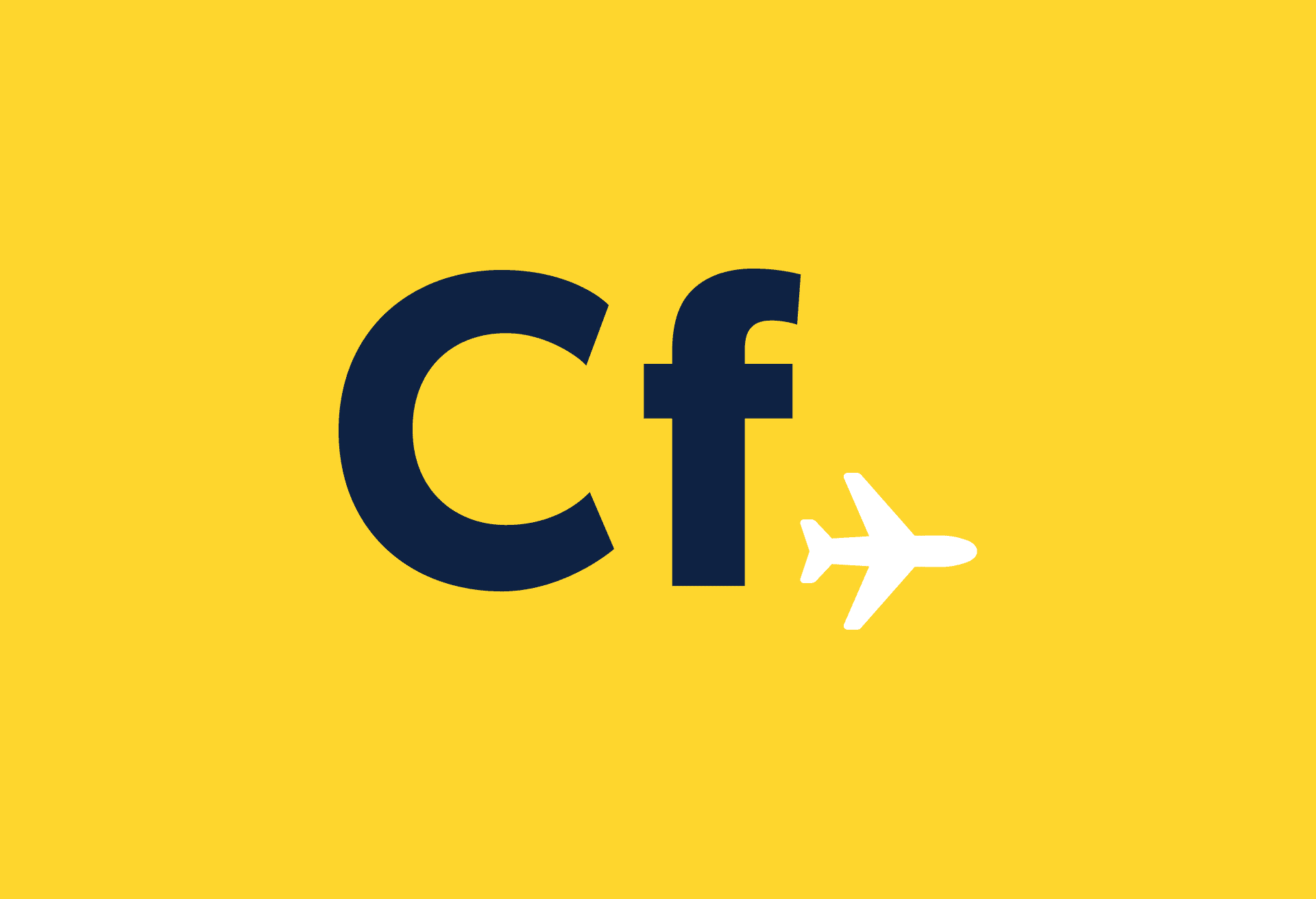What you need to know before you buy
You’ll be home for the holidays, thanks to that truly cheap plane ticket just purchased for only $49 roundtrip. But is that price too good to be true? It depends on one thing: the airline’s fine print. “Restrictions and blackout dates apply. Click here for terms and conditions.” While you’re focused on the low price, don’t overlook the details that can determine whether a deal is great – or irrelevant.
Purchase dates
Some airfare deals mandate that tickets be purchased a specific amount of time (seven, 14, 21 or more days) in advance of travel. If you can’t meet the deadlines, you’ll miss the deals. Subscribe to Cheapflights Travel Deals Alert e-newsletter, which flags these dates for you.
Travel dates
One of the major considerations in evaluating an airfare deal is when you can travel. In some cases, airlines restrict the lowest fares to travel that begins and ends mid-week – rather than weekends – or to specific dates. If you can’t travel on those dates, it doesn’t matter how cheap the deal is. To help you quickly find relevant last-minute travel deals, Cheapflights and its Travel Deals Alert newsletter include purchase by and travel date information.
Minimum/maximum stay requirements
Some fares require you to stay over a minimum number of days and some require that you stay over on a Saturday night. If you’re planning an extended visit, you’ll need to check the maximum number of days, which is often 30, before you must return in order to use the fare.
Refund and ticket change policies
The majority of cheap (and even the not-so-cheap) fares are non-refundable, meaning you can’t get a full refund. However, you can often exchange these tickets for a change fee plus the difference in the new airfare. Change policies (which refer to changes to travel dates and routing) vary wildly, with re-routing often being prohibited. Change fees vary from $25 to $200 or so. But don’t forget: the fare difference could be anywhere from a couple of bucks to several hundred dollars, or more. If you aren’t sure you can use the tickets or can’t afford the change fees, think carefully before you book a low fare.
One-way and roundtrip pricing
Airlines often highlight the one-way price for an airfare. But in some cases, that price is only available if you purchase a round-trip ticket. So if you only need to fly one-way, you’ll have to run the numbers to see if you can save anything on a round-trip fare deal.
Blackout dates
The term applies to specific dates when certain fares or certain types of tickets are not available or permitted. Blackout dates also apply to frequent-flier award tickets (see below). Blackout dates are commonly applied to travel during peak periods, including holiday travel and weekends, when demand is high.
Frequent flier award travel restrictions
Airline award tickets, the ones you earn with your frequent flier miles and points, also come with blackout dates. In fact, blackout dates are a major issue for frequent fliers who often cannot get seats for travel to desired destinations when they want them due to limited award seat availability. The solution? In many airline programs, the airlines will give you a seat on virtually any flight if you ante up double or more miles than the standard award requires. When you’ve got lots of miles, it’s a great way to ensure that you get where you want to go, when you want to travel.
The bottom line: Don’t just look at the price when evaluating an airfare deal. And before you start packing, always read the fine print to ensure that you can comply with the specific requirements for that fare as defined by the airline. If you don’t understand the specifics, call the airline and ask for clarification.
(Featured image: tabor-roeder)


